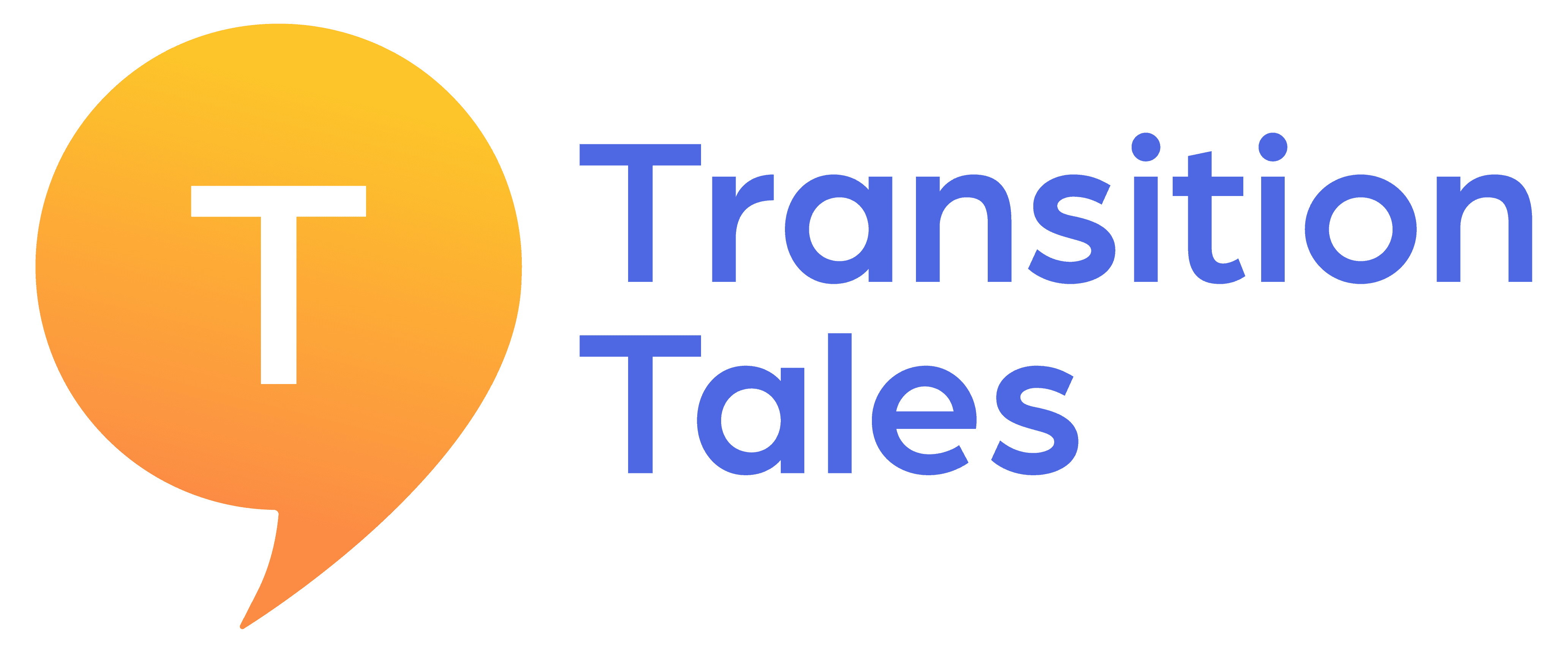Profile
How Johnny Developed the Confidence to Negotiate a Product Management Job at an Interview
About
Challenges
Resources

Johnny Nguyen
Senior Product Manager at Walmart Data Ventures
Transition Summary
SEO Supervisor, Canvas Worldwide
Product Manager, Zwift
Senior Product Manager, Walmart Data Ventures
What are you up to these days, Johnny?
So I am a senior product manager at Walmart Data Ventures. My focus is mainly on what we call the in-app experience after a user logs in. I've been here for about almost two years now.
What led you to want to become a product manager?
So let's go back seven years. I was broke, young, hungry and I was mainly looking at venture capital mainly because of the money, trying to get started in investing.
My first job out of college was working at a bank, in a back-office role. I got fired from that job.
And then, of course, tech was popping and that was the way to make money.
So I was looking into what tech roles there were and in my free time, I would hit VC investors up for coffee.
For jobs, I was just like sending out resumes, which is dumb. But that's how I narrowed my search down.
So I landed in the digital marketing agency world. I got it through networking. It was my sister. And she knew people from college and it was like the friends of friends and stuff like that. She did the networking, I interviewed and I got the job.
But I realized I just hated it. It felt like I was giving these recommendations and working with design and engineering and the recommendations never went anywhere.
So I wanted to get a little bit closer to actually building things and started looking into product management.
I interviewed for a junior role in PM at Amazon that bridged marketing and product. I started reaching out to people that had that role. No one ever responded to me, but I ended up getting an interview.
Even though I bombed the interview I just learned through that process that there are these kinds of bridge roles between marketing and product. Because the VC stuff wasn't really going anywhere I decided to zero in on product management in marketing.
The next job I interviewed for was at Zwift, an app for indoor cycling. I didn’t know anything about cycling by the way.
It was funny because when I first saw the role at Zwift it was for product manager of SEO. Later I saw they changed it just to a standard SEO manager. So when I went interviewed for the role, I told the recruiter “Hey, I'm not going to take this position unless it is on the product team.” And I think I had enough confidence in myself in the realm of digital marketing that I could negotiate.
So then she took that, and she took that and went to the VP. After the 4-5 hours of interviews, I think the main reason why they decided to give me a shot was because Zwift was small (a hundred people).
I didn't know anything about cycling. But I figured I should take the role if it could take me to where I wanted to go. And during my time there Zwift grew from from a hundred people to 800 people, so super hyper-growth.
How did you fully grow into being a product manager at Zwift?
That first year at the startup, I didn’t have a mentor. I just had to get in there and figure it out. I would force myself to sit in on certain meetings and just be aggressive. It was one of the hardest things, being thrown into a sink-or-swim environment.
After 1 year of struggling and feeling like I wasn’t learning I got lucky because a great PM, Eric, joined the company and became my mentor.
Eric and I would just go and get Wingstop and like Dickies because Zwift was based in Long Beach. We would talk and he helped me see a little bit more of what product really is. And then that really sped things up really quickly.
How do you approach networking to get jobs and mentors like Eric?
I don't know.
I think I just watched some podcasts and just listened to people talk.
There are times when I'm sweating, nervous sweating. And I still just go through with it. And there are times when I've been on calls very early in my career or those interviews or those coffee things, and I was nervous, sweating, freaking out beforehand.
But then you just go and talk to the person and they're normal about it. I don't think I'm great at networking. But I think it's easier when you're in a company already. Let's say you joined a startup and you're just doing something in operations or marketing or something like that. And you just go around, just water cooler, talk, build on that relationship over time. If you put yourself into those opportunities, you get lucky.
I think I got lucky. And I got lucky with meeting Eric and, going to lunches with him.
Sign up for our newsletter
Discover inspiring stories, valuable resources, and advice to navigate your
career transition with people who are two steps ahead of you.
What were the biggest challenges you faced transitioning in your career?
One is getting rejected and getting demoralized.
Even my friend who's doing this right now where he's transitioning from finance to engineering, he’s doing the bootcamp route.
And I was telling him, “I've gone through this before, you're beating yourself up way too much. It's really hard when you're in the moment. But just know that these things take forever. It's going to take a year, two-year investment of your time and little things every day. Don't get discouraged.”
I think that's one of the hardest things.
How did you prepare for your interviews?
I didn't have too many interviews. I didn't have too many jobs.
That very first job out of college that I got fired from, I prepared for that interview.
I'm not a great interviewer so I had to practice mock interviews. I had to have someone help me prep mock interviews daily. At the very beginning of mock interviews, I would feel like crap because my responses sucked, and I’d rewatch my videos cringing. And then, you're like, hey, I'm doing better. And then there are some days where it just goes back down, and I’m like, dude, what the heck am I saying?
For the Zwift interview, I did practice a lot more for myself and just wrote down questions that I thought they were going to ask. And then, I think coming up with five good examples or solid stories that you could use was important for me because then I just used the same three or four stories with different people. So, just the basics.
In terms of other resources like books, I think I'm wired in a way where I can't read most of the time. So that didn't help.
So for me, I think mock interviews are one of the best things, recording myself.
Finally, what helped me was finding people to help me in the process. Whether it was my sister or mentors.
Being first-gen, we can’t just ask our parents, “Hey mom how did you do this?”
So I think you need someone, whether that's a friend of a friend, a sister's friend, or a sister's boyfriend, or whoever, who's willing to help mentor you.
What’s next for you?
My whole thing is just like putting my head down and building. I think maybe going back to a startup if I could find something that I'm very passionate about, I think it might be that route is to go back into a very startup life.
Transition Tales
